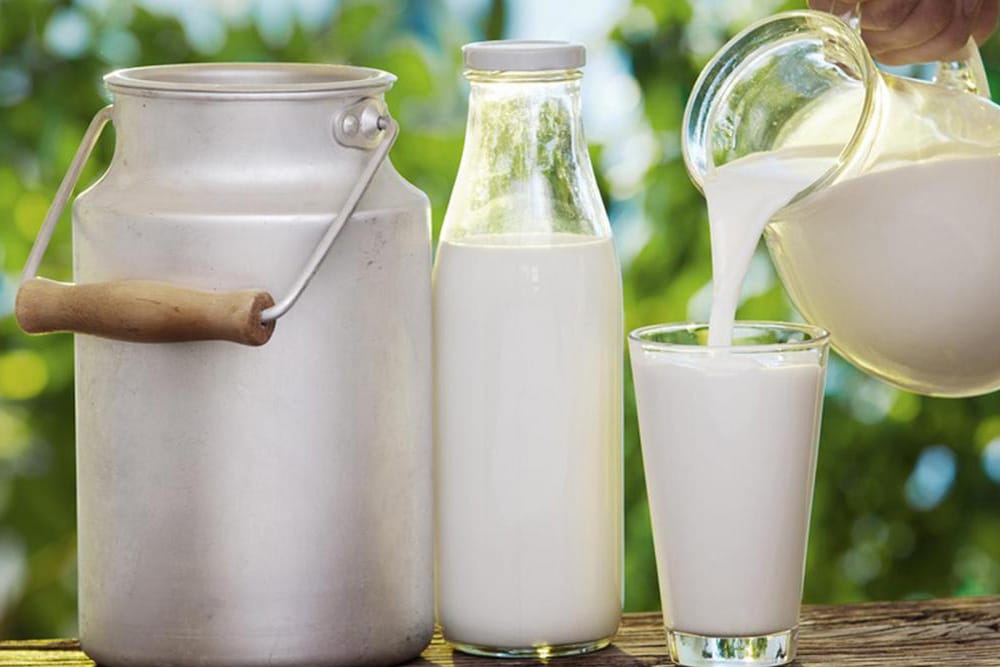There are a lot of organic products out there these days, folks. With all those options, it can be tough to decide what to buy. Today, I’m going to discuss the benefits of going organic with your milk. It may be a little more expensive, but for many people, it’s worth it.
Better animal welfare
A USDA certified organic milk product will come from cows living under higher welfare standards than their conventional counterparts. Organic milk cows are free range and grass fed, as opposed to conventional milk cows, who often live inside and receive antibiotics and growth hormones. If you are concerned about animal welfare, this alone can be enough motivation to make the switch to organic milk.
High omega-3 levels
Organic milk often has higher omega-3 levels, and this essential fatty acid is important for many reasons, including disease prevention. Organic milk cows eat a healthier diet than conventional cows, and this is what leads to the increase in omega-3s in their milk.
Fewer chemicals
The production of organic milk, by its very nature, bans the use of chemicals. These cows don’t receive antibiotics or growth hormones, and artificial fertilizers and pesticides are not used on their pastures. This benefits both the surrounding ecosystem and the milk itself, since there is a lower chance of chemical contamination.
More antioxidants
As noted by Organic Facts, organic milk has a far higher level of antioxidants such as zeaxanthin and lutein (https://www.organicfacts.net/health-benefits/animal-product/organic-milk.html). You’ve likely heard of lutein before–it is very important for your eye health and helps to prevent eye conditions such as cataracts and macular degeneration. Zeaxanthin also helps your eyes by protecting them from free radicals and UV damage. Other research has shown that organic milk also has higher concentrations of vitamins such as vitamin E and A than non-organic milk, another benefit of the cows’ better diet.
Organic milk also contains more conjugated linoleic acid (CLA) than traditional milk. While the jury is still out on all of its benefits, there is some research that indicates it may help in the fight against cancer.
You may avoid dairy now because of an intolerance or allergies, but keep in mind that there are many varieties of organic milk available, including ultra-pasteurized and lactose-free. You can also try alternatives such as goat or sheep milk. The next time you’re out shopping for groceries, take a look at all of the organic milk options in your area. You may be surprised by what’s available.




